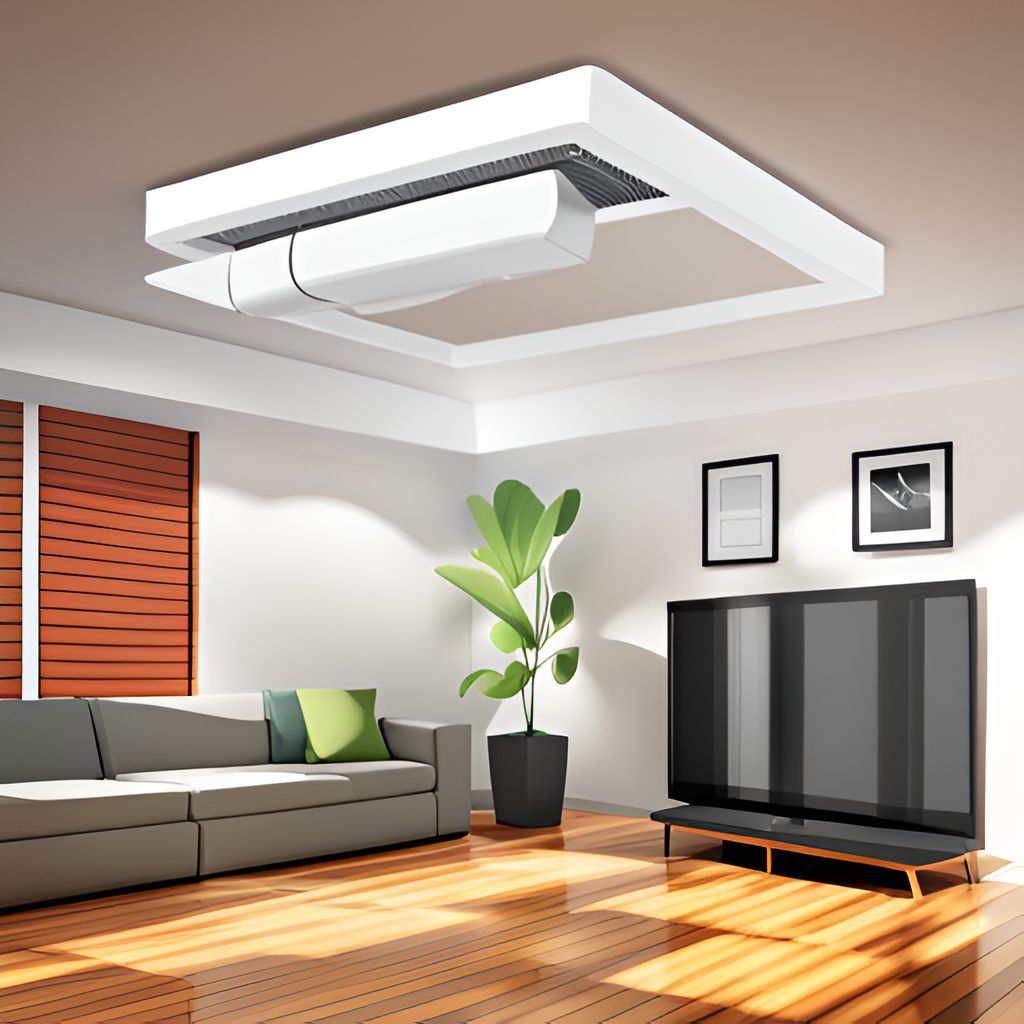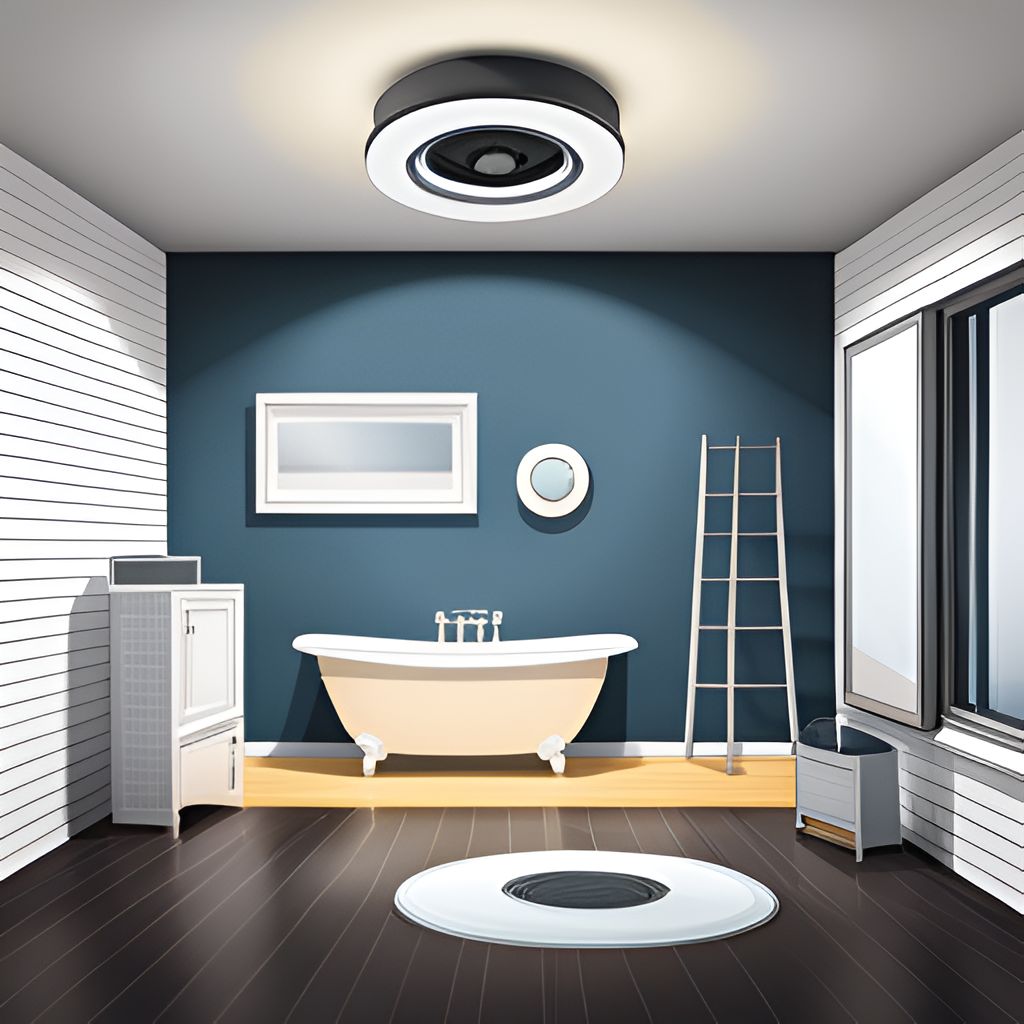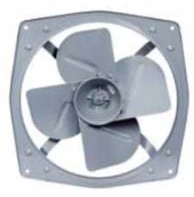Industrial Exhaust Fans
Exhaust Fans
Blowing Away the Competition: The Power of Exhaust Fans

The Importance of Exhaust Fans
Exhaust fans may not be the most glamorous of household appliances, but they play a critical role in maintaining good air quality and preventing the growth of mold and mildew. These fans work by removing stale and humid air from your home or workplace, replacing it with fresh air from outside.
In addition to improving air quality, exhaust fans also help reduce humidity levels, which can lead to the growth of mold and mildew. This is especially important in areas like bathrooms and kitchens, where moisture levels tend to be high. By removing excess moisture from the air, exhaust fans can help prevent the growth of harmful bacteria and fungi.
What is an Exhaust Fan?
An exhaust fan is a mechanical ventilation device that helps to remove stale air, moisture, and unpleasant odors from a room or enclosed space. It works by drawing in fresh air from outside and expelling the stale air through a duct or vent.
Exhaust fans are typically installed in bathrooms, kitchens, and other areas where moisture and odor buildup can occur. They are essential for maintaining good indoor air quality and preventing mold and mildew growth.

Why Do You Need an Exhaust Fan?

Exhaust fans are an essential component of any home or workplace ventilation system. They help to improve air quality by removing pollutants, allergens, and other harmful particles from the air.
In addition to improving air quality, exhaust fans also help to reduce humidity levels in the room. This is particularly important in areas such as bathrooms and kitchens, where high humidity levels can lead to the growth of mold and mildew. By reducing humidity levels, exhaust fans can help to prevent these issues from occurring.
Types of Exhaust Fans
Ceiling-mounted exhaust fans are a popular choice for bathrooms and kitchens. They are installed directly into the ceiling and vent outside, removing moisture and odors from the space. These fans often come with built-in lights and can be controlled by a switch or a timer.
Wall-mounted exhaust fans are ideal for rooms where ceiling installation is not possible. They are mounted on an exterior wall and vent outside, providing ventilation for areas such as garages, workshops, and laundry rooms. These fans are typically larger than ceiling-mounted fans and may require professional installation.
Inline exhaust fans are installed in the attic or between floors and are connected to ductwork that runs to the outside. They are powerful and can provide ventilation for multiple rooms at once, making them a good choice for large homes or commercial buildings. Inline fans are also quieter than other types of exhaust fans, as they are located away from the living space.

Factors to Consider When Choosing an Exhaust Fan

When choosing an exhaust fan, it is important to consider the size of the room. A fan that is too small for the room will not be effective in removing moisture or pollutants from the air. On the other hand, a fan that is too large may be noisy and use more energy than necessary.
Another factor to consider is the noise level of the fan. If the fan will be used in a bedroom or other quiet space, it is important to select a fan with a low noise level. Some fans are designed to be ultra-quiet, while others may produce a noticeable hum or buzz.
Energy efficiency is also an important consideration when selecting an exhaust fan. Look for fans with the ENERGY STAR label, which indicates that they meet energy efficiency guidelines set by the U.S. Environmental Protection Agency. These fans use less energy than standard models and can help reduce your energy bills over time.
Conclusion
In conclusion, exhaust fans are a vital component of any home or workplace. They help to improve air quality, reduce humidity levels, and prevent the growth of mold and mildew. By removing excess moisture and pollutants from the air, exhaust fans can also help to protect your health and wellbeing.
When selecting an exhaust fan, it is important to consider factors such as the size of the room, the noise level, and the energy efficiency of the fan. By choosing the right type of exhaust fan for your needs, you can enjoy all the benefits that this essential appliance has to offer.

Feel Free To Contact Us
Disclaimer: Although every effort has been made to ensure accuracy in the compilation of the technical details within this publication, specifications and performance data are constantly changing due to research and development. Current details therefore should be checked with Dhanlaxmi Industries.

